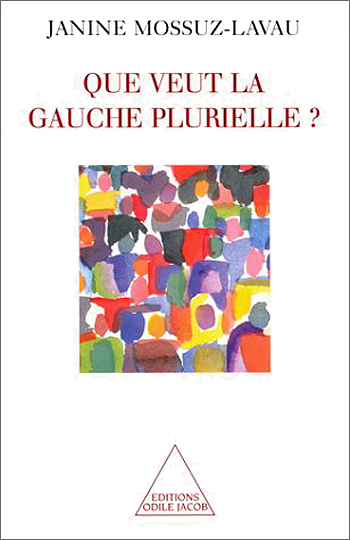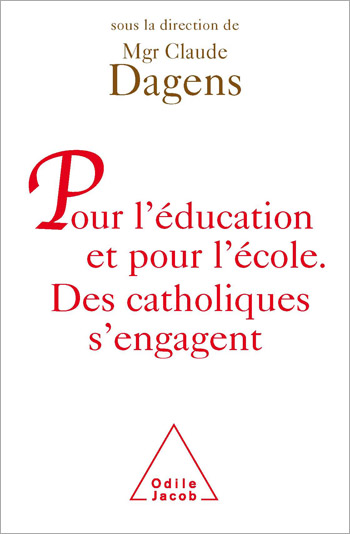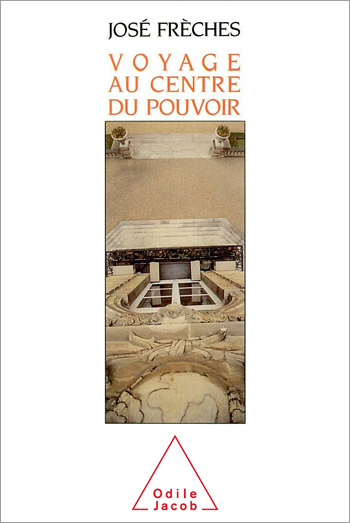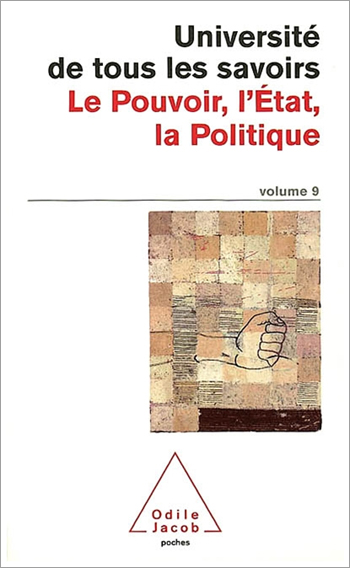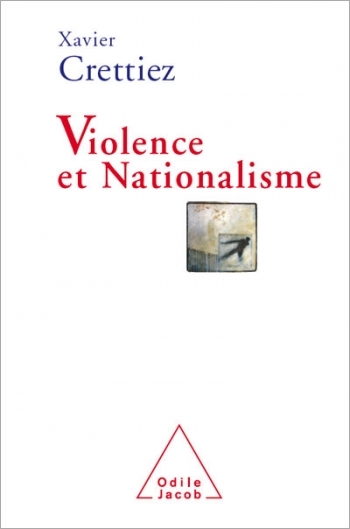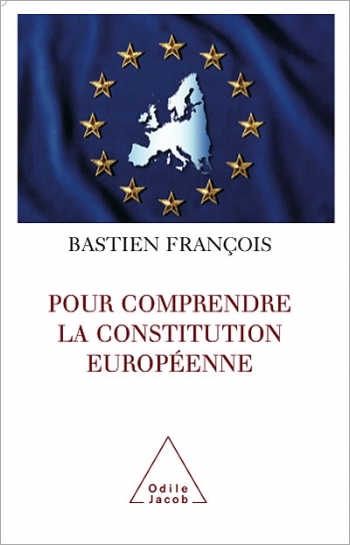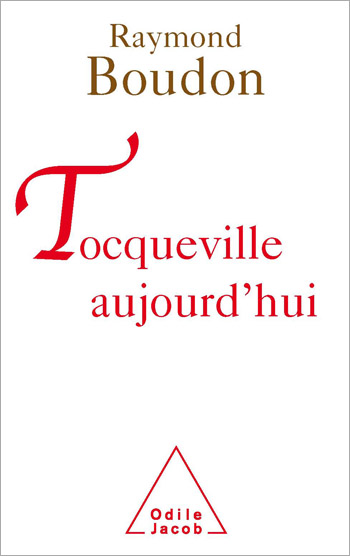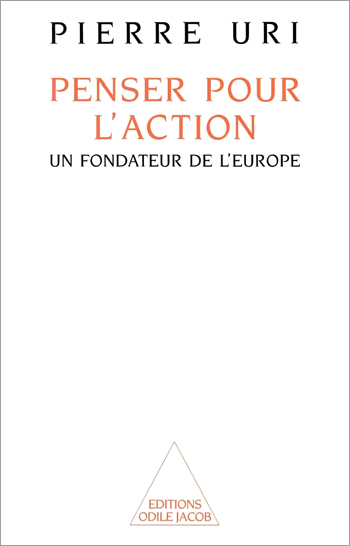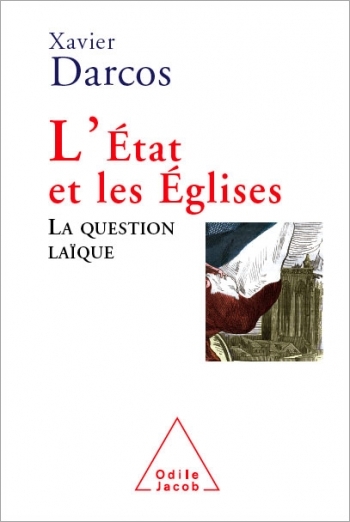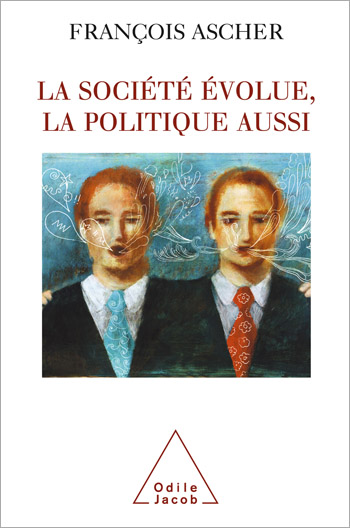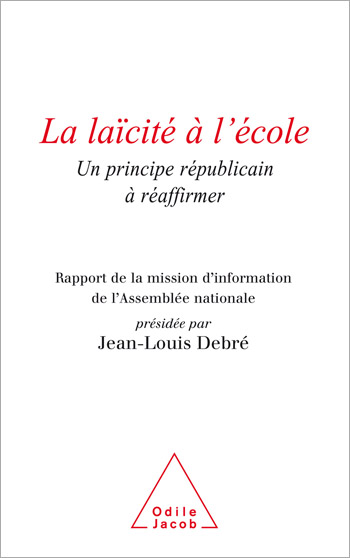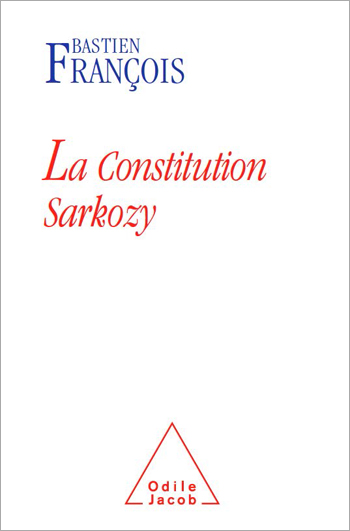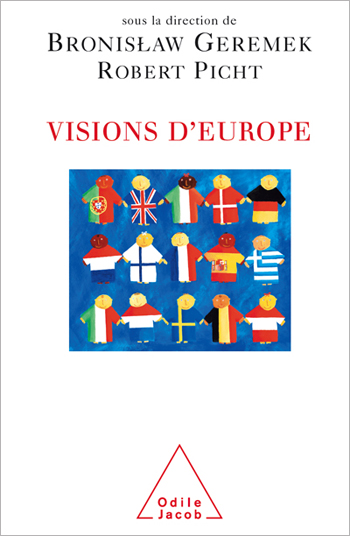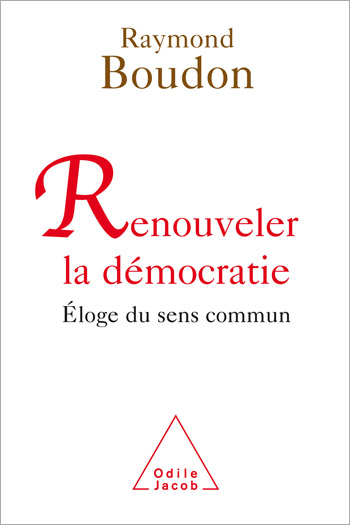politics All books
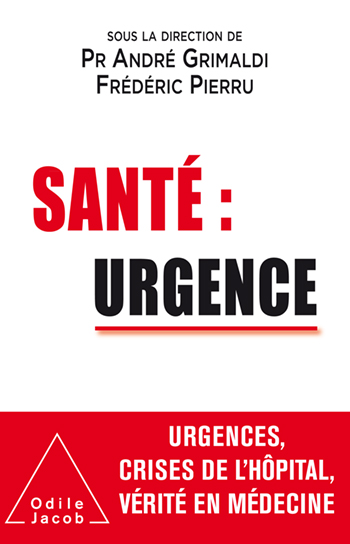
André Grimaldi, Frédéric Pierru
Your Health in the Future
How can we maintain the quality of care in hospitals? Is our health system equipped to respond to the challenges of the aging of the population and of chronic illnesses?
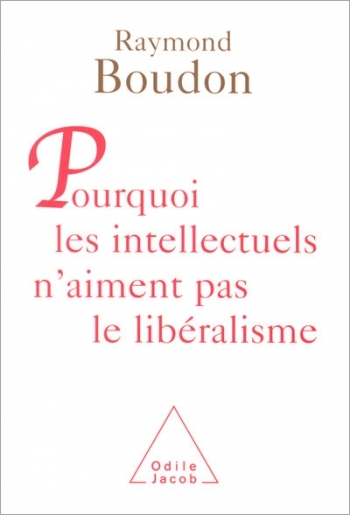
Raymond Boudon
Why intellectual peoples don't like liberalism
Given the intellectual force of liberalism, its political appeal, its economic effectiveness and its historical significance, why is it so unpopular among French intellectuals? Why does it elicit so little serious discussion? And why is it the object of so much confusion, so many clichés and misunderstandings? Is it simply out of resentment, because intellectuals feel that the market does not afford them the material and symbolic rewards that they believe they deserve? Is it just because they prefer to play a critical role in a society where capitalism is triumphant? Perhaps, but these reasons do not explain everything and they certainly dont explain the systematic rejection of liberal thought in France. A sociologist of knowledge rather than of social determinism, and a specialist in belief systems, Raymond Boudon ruthlessly analyses the cognitive mechanisms that make liberalism so hateful in the eyes of French intellectuals. The result is a keen, detailed review of the clichés that have encumbered discussions for more than thirty years. Raymond Boudon, a professor at the University of Paris-IV, is a member of the Académie des Sciences Morales et Politiques. He us the author of numerous works, most notably LInégalité des chances, La logique du social, LIdéologie ou lorigine des idées reçues, LArt de se persuader, Le Sens des valeurs and Déclin de la morale? Déclin des valeurs. He is the co-author, with R. Leroux, of Y a-t-il encore une sociologie?
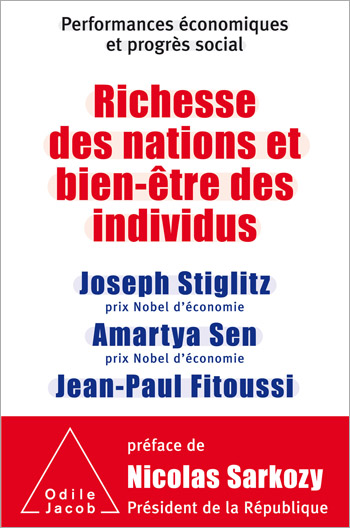
Joseph Stiglitz, Amartya Sen, Jean-Paul Fitoussi
The Wealth of Nations and the Well-Being of Individuals Economic Performance and Social Progress
“If we do not want our future, our children’s future and that of succeeding generations to be strewn with financial, economic, social, ecological and, consequently, human catastrophes, we must change our way of life, how we consume and how we produce...
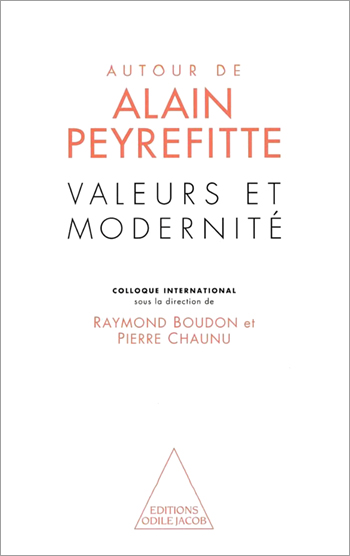
Alain Peyrefitte, Raymond Boudon, Pierre Chaunu
Values and Modernity Expanding on Alain Peyrefitte
With The Society of Confidence, and Of the Economic Miracle, Alain Peyrefitte has illustrated that growth is not primarily founded on the material wealth of a nation, capital, or even on work. Development is intrinsically linked to mentalities and values, which are the essential elements of economic, political and social modernity. Using this thesis as a starting point, the Institute of France organised a conference which brought together economic and technological historians, sociologists, criminologists, and experts from across the world, amongst which were R.Boudon, S.Eisenstadt, D.Landes, and S.Lipset. The wide spectrum of debate runs from the history of religious mentalities (P. Chaunu, J.Delumeau), to penal philosophy (D. Szabo). The comparative outlook of this book allows the reader an insight into the hidden depths of confidence, from Switzerland (J.-F. Bergier), to Japan (Terushi Hara), right through to the Third World (P. Moussa).
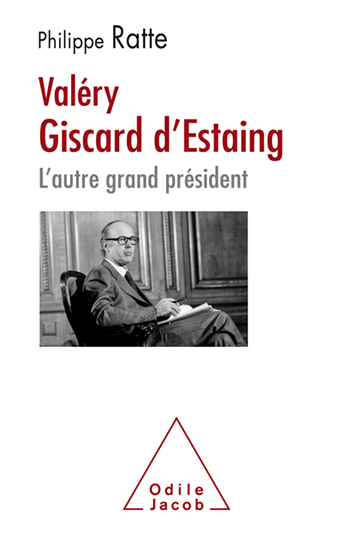
Philippe Ratte
Valéry Giscard d’Estaing The Other Great President
An original biography that convincingly and in a remarkably well-informed way develops arguments that support its position.
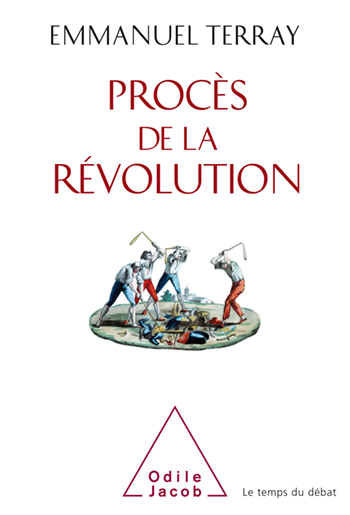
Emmanuel Terray
The Trial of the Revolution
In the first part, the author begins by letting the prosecution talk about the French Revolution. In the second part, Emmanuel Terray asks: where are we today, after two other revolutions, in Russia and in China?
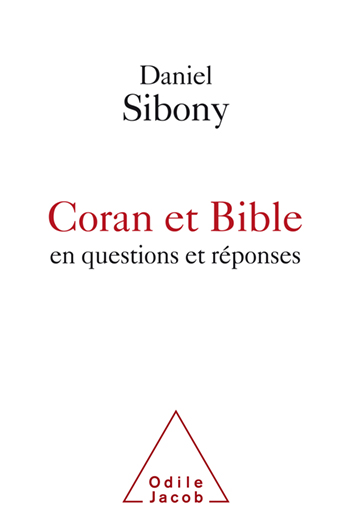
Daniel Sibony
The Quran and the Bible In questions and answers
A step-by-step study of the Quran, almost exactly word for word, to grasp the precise content. A polemical book, but a book based upon the author's knowledge of the Arabic language and the sacred texts of Islam. A return to the original text that allows us to understand the political and geopolitical issues of today's world.
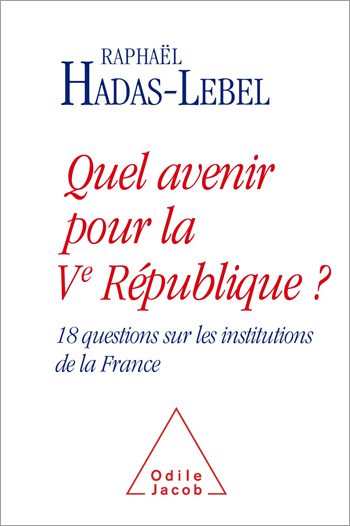
Raphaël Hadas-Lebel
The Future of France’s Fifth Republic and Its Institutions in 18 Questions
Should France abandon the five-year presidential term? Should it proscribe political cohabitation (following the failure of the presidential party to acquire a parliamentary majority)? Is a second chamber necessary? How can the Constitutional Council be made to evolve?
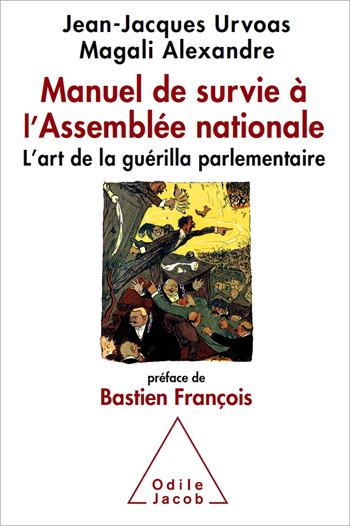
Jean-Jacques Urvoas, Magali Alexandre
Survival Handbook for the French National Assembly The Art of Parliamentary Guerrilla Warfare
In the corridors of power of the National Assembly, we encounter Jean-François Copée, Arnaud Montebourg, Bernard Accoyer, among other French politicians.
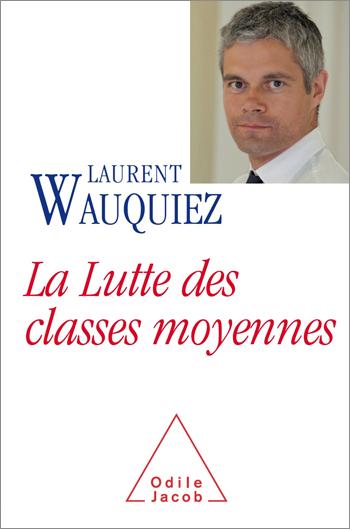
Laurent Wauquiez
The struggle of the middle class
In the run-up to the French presidential elections, here are a series of proposals that offer the middle classes the future perspectives they deserve
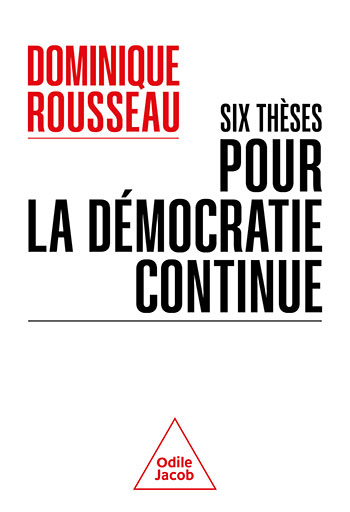
Dominique Rousseau
Six Theses in Favor of Continuous Democracy
The question of a change in constitution has often been raised: it is entirely relevant in the electoral campaigns of 2022...
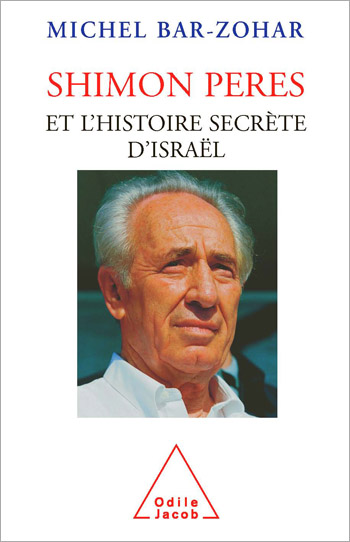
Michel Bar-Zohar
Shimon Peres The Secret History of Israel
“The story of Peres is that of Israel,” wrote Haaretz about this book.
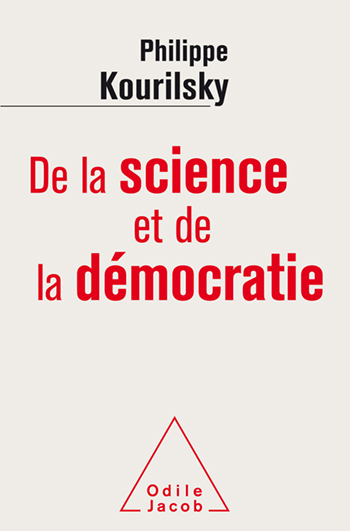
Philippe Kourilsky
Science and Democracy
An analysis of democracy to understand the current crisis in our political system
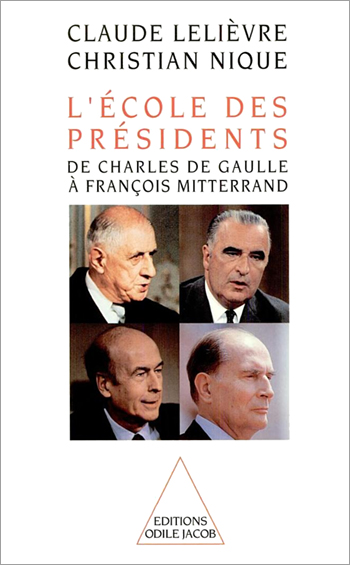
Claude Lelièvre, Christian Nique
The School of Presidents From Charles de Gaulle to François Mitterrand
What kind of education shaped Charles de Gaulle, Georges Pompidou, Valéry Giscard d'Estaing and François Mitterand? Who were their mentors? What was their opinion of school? What role is played in educational politics by a nationalist "Saint-Cyrien", a conservative "Normalien," a liberal from Polytechnique or ENA, or a socialist from Sciences-Po? How did their different educational experiences affect their actions and their views? A story of four great men who were once just schoolboys like everyone else.
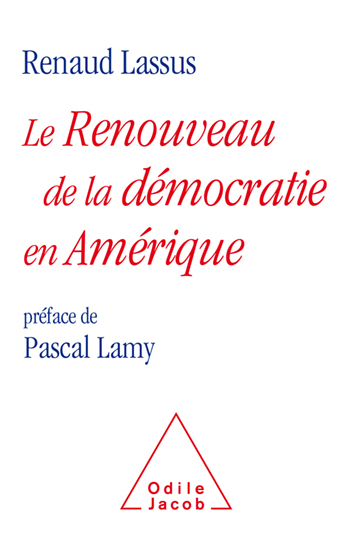
Renaud Lassus
The Renaissance of America foreword to Pascal Lamy
An essential contribution for an understanding of what is at stake in the 2020 presidential election.
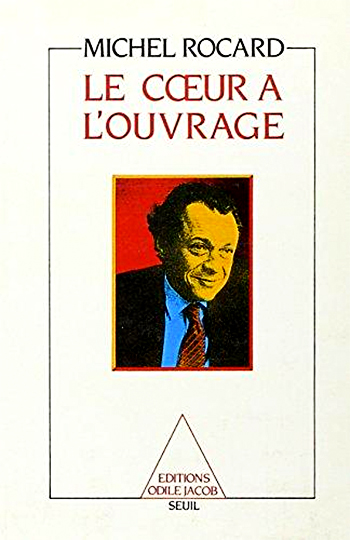
Michel Rocard
Putting One's Heart into One's Work
In this intellectual and political autobiography, former French Prime Minister Michel Rocard explains the ethical requirements which underlied his every political action. This book provides an uncompromising analysis of French society and politics by examining the economic, cultural and social questions which France poses itself today.
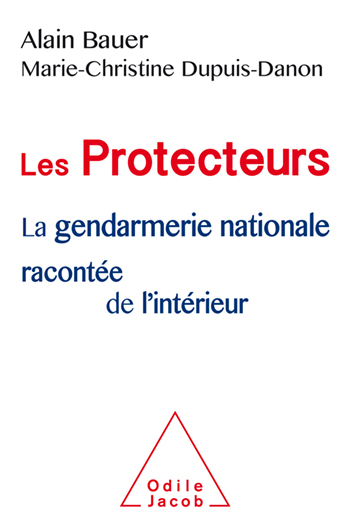
Alain Bauer, Marie-Christine Dupuis-Danon
The Protectors An Inside History of the French Gendarmerie
Following Les Guetteurs [the Lookouts], the first history of French Intelligence as told by its heads, here is Les Protecteurs, the inside history of the National Gendarmerie.
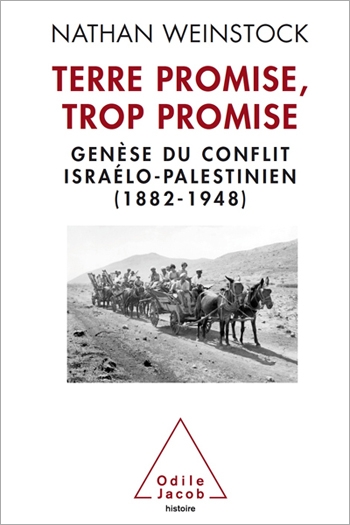
Nathan Weinstock
The Promised Land that Promised Too Much
This vast investigation, based on new sources, will transform the prevailing vision of the Arab-Israeli conflict and of its origins.

